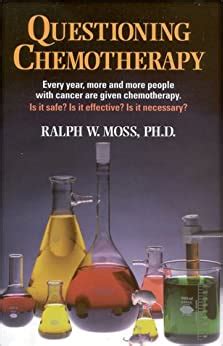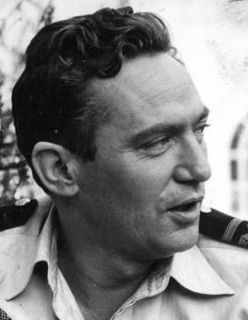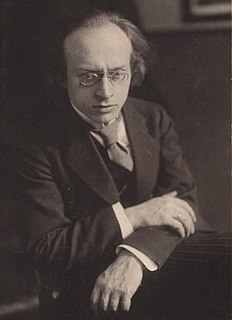A Quote by Philip Kitcher
Wilhelmine Germany was hostile to the expression of same-sex love - and, of course, Mann would have known of the fate of Oscar Wilde. His early reading of Platen's poetry, and, probably when he was in his early twenties, of Platen's diaries, introduced him to a form of sexual expression he found profoundly congenial. It's not quite Platonic.
Related Quotes
A study was done which shows the majority of oncologists who refer patients for chemotherapy for lung cancer would not themselves take chemotherapy for lung cancer. And in fact if the chemotherapy involved cis-platen, something like 75% of them said they wouldn't take it. But what do these people do all day long? They're sending people for cis-platen.
conclude, what Thomas Mann really wanted was a limited physical relationship with beautiful young men: the opportunity to gaze at them, an occasional touch, a restrained kiss. That isn't a surrogate for what he'd like to have if he were somehow free from social constraints. It's what the young Platen wanted, it's what he wanted - and it's what his Aschenbach wants.
If you don't encourage healthy sexual expression in public, you get unhealthy sexual expression in private. If you attempt to suppress sex in books, magazines, movies and even everyday conversation, you aren't helping to make sex more private, just more hidden. You're keeping sex in the dark. What we've tried to do is turn on the lights.
There's a disciplined erotic component to it, so that the height of sexual contact is the embrace, the modest touch, a relatively chaste kiss. An important passage from the surviving 1942 diary (one I quote in the book) relates this mode of sexual expression to his own life. Mann had returned to his diary for 1927 (one of those he burned) and to his parting from the young man, Klaus Heuser, whom the family had met on holiday and invited to Munich.
The marriage tie becomes possessed of a history and takes to itself traditions. This history and these traditions form a great fund, to which changing conditions and growing imagination constantly add. And the traditions, more especially, bear heavily upon the individual, overmastering his natural expression of the love instinct and forcing him to an artificial expression of that love instinct. He loves, not as his savage forbears loved, but as his group loves.
I use biography, I use literary connections (as with Platen - this seems to me extremely helpful for appreciating the nuances of Mann's and Aschenbach's sexuality), I use philosophical sources (but not in the way many Mann critics do, where the philosophical theses and concepts seem to be counters to be pushed around rather than ideas to be probed), and I use juxtapositions with other literary works (including Mann's other fiction) and with works of music.
Art is expression; what is expressed is often the vision of a subtle and powerful soul, and also his experience with his vision; and however vivid and skilful he may be in the means of expression, yet it is frequently found that the master-spell in his work is something felt to be indefinable and inexpressible.
The only one who didn't know was George Lucas. We kept it from him, because we wanted to see what his face looked like when it changed expression--and he fooled us even then. He got Industrial Light and Magic to change his facial expressions for him and THX sound to make the noise of a face-changing expression.




























